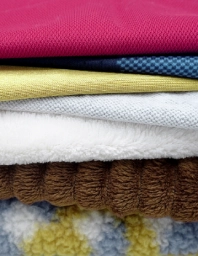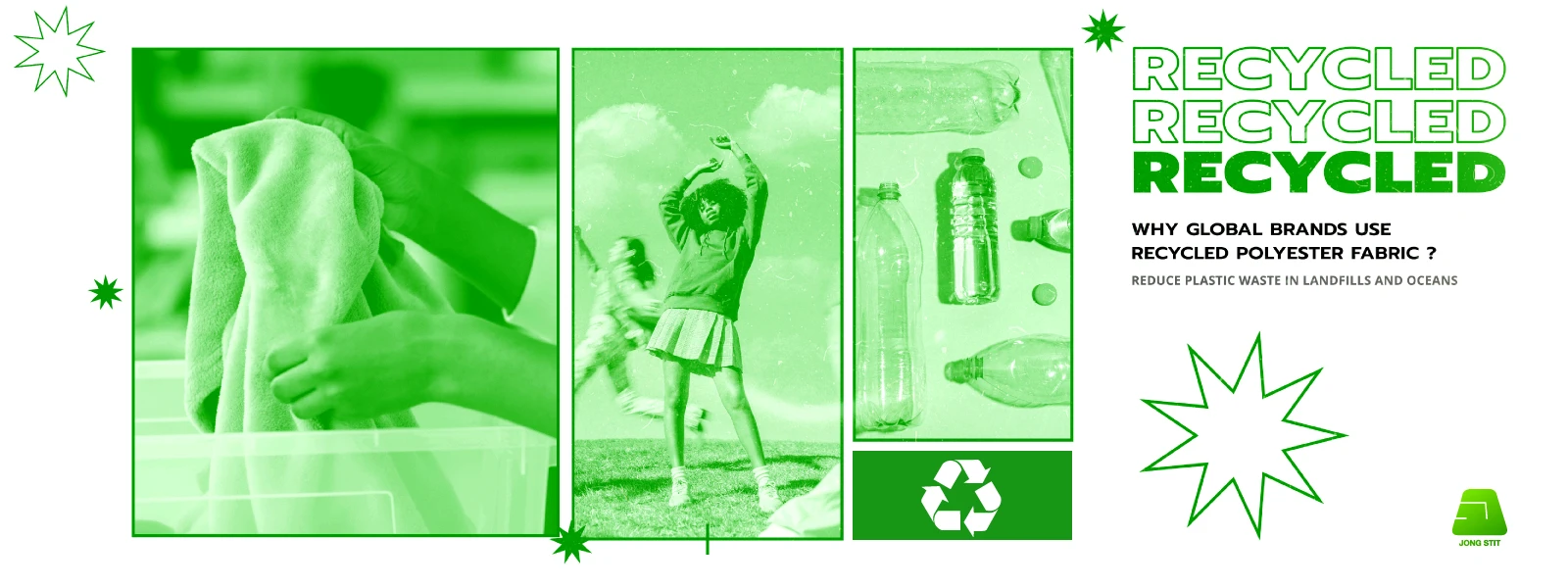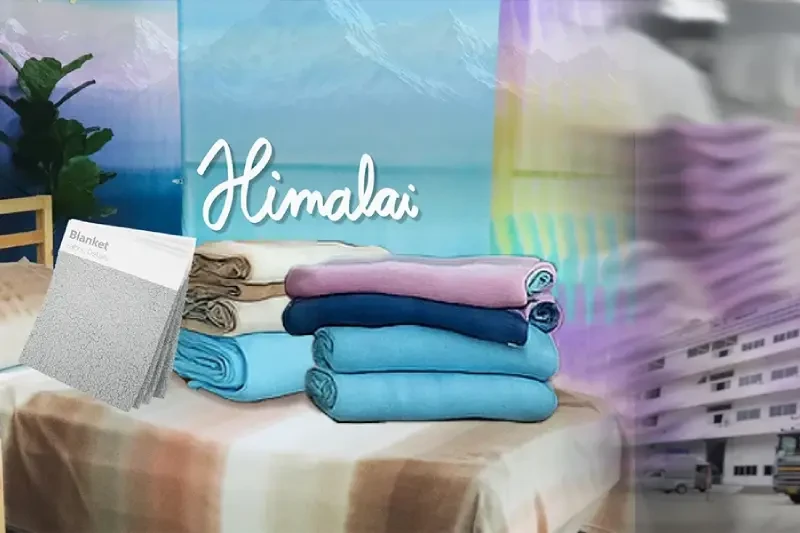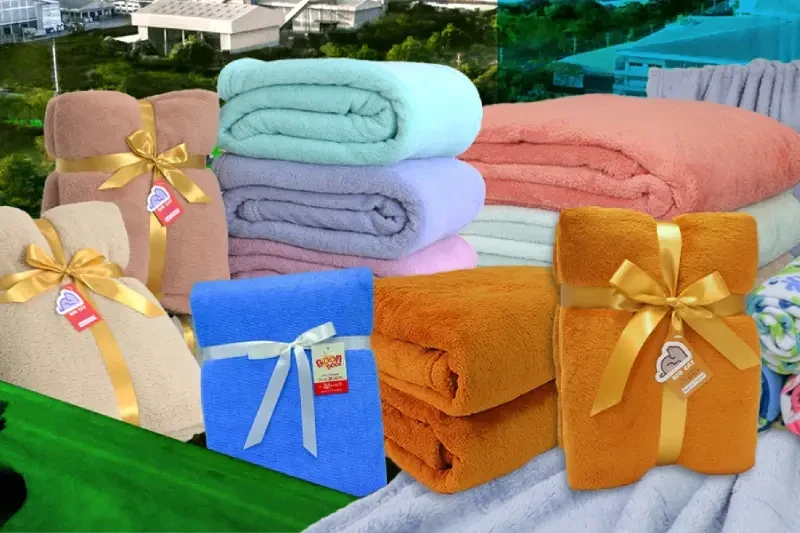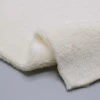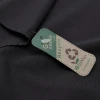Fri, May 5, 2023 12:00 AM
The reason why global brands use recycled polyester fabric
Global brands are looking to reduce their carbon footprint and promote sustainability in their products.
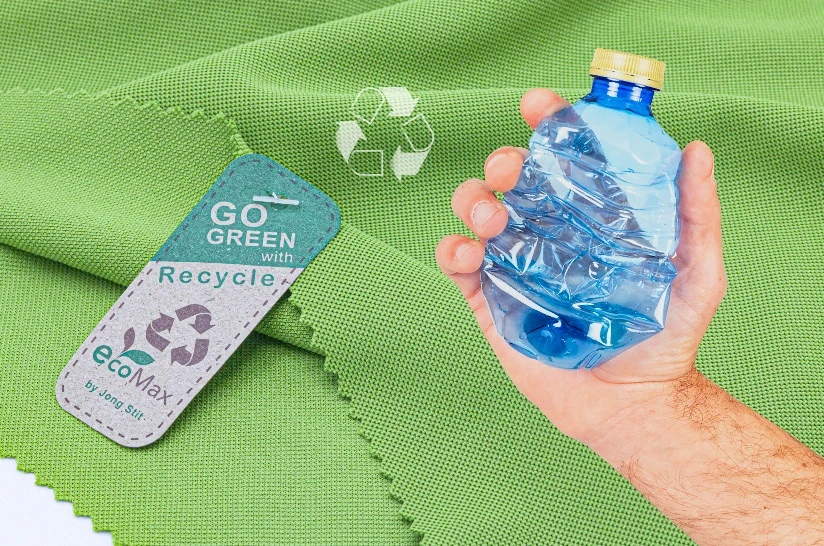
Recycled polyester fabric has become popular in the global fashion industry for its sustainability and eco-friendliness. As the world becomes more environmentally conscious, global brands are looking to reduce their carbon footprint and promote sustainability in their products. One of the easiest ways they do this is by using recycled polyester fabric in their products. Recycled polyester fabric is made by collecting and recycling post-consumer plastic waste, such as water bottles, and pre-consumer waste, such as fabric scraps and yarn waste left after the production process. This helps reduce plastic waste in landfills and oceans, while also decreasing the need for petroleum and conserving natural resources.
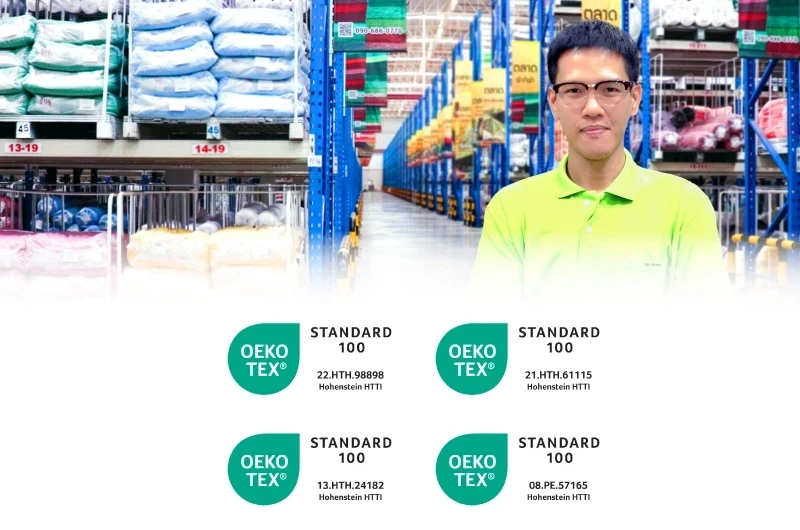
Recycled polyester fabric's overall quality is the same as virgin polyester fabric. Therefore, it can be used to create a wide range of fashion products, including clothing, bags, cushions, quilts, blankets, bedsheets, towels, and accessories. In addition, our recycled polyester fabrics are certified to the Global Recycled Standard (GRS) and OEKO-TEX® STANDARD 100: Product Class 1, which guarantees that they are made from recycled materials, produced using environmentally friendly practices, and do not contain any harmful toxins.
Recycled polyester fabric offers several benefits over virgin polyester in terms of being environmentally friendly. By using recycled polyester fabric, fashion brands can reduce their environmental impact and promote a circular economy. Here are the benefits of using recycled polyester fabric.
Benefits of using recycled polyester fabric
1. Diverts plastic waste from our landfills and oceans
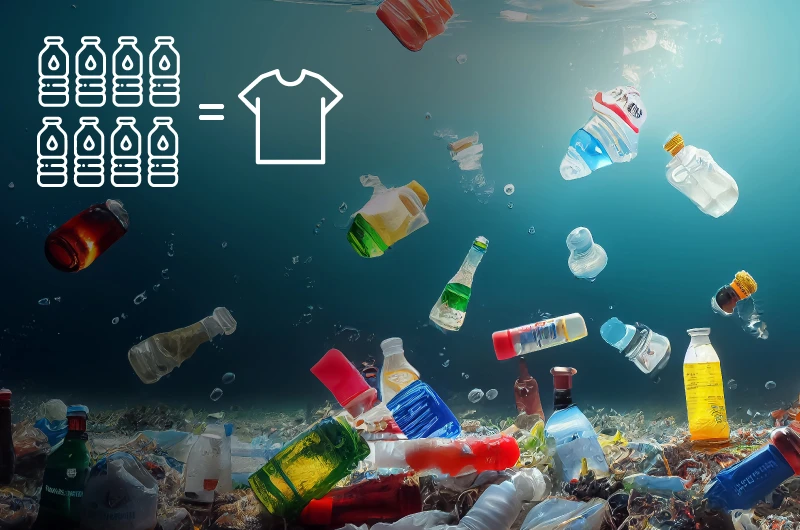
Recycled polyester fabric is made from post-consumer plastic waste, such as PET bottles. By using the fabric, fashion brands can divert plastic waste from landfills and the ocean, reducing the amount of plastic pollution in the environment.
According to the United Nations Environment Programme (UNEP), we produce approximately 300 million tons of plastic waste globally each year, and only about 9% is recycled. Most plastic waste ends up in landfills and the ocean, which can take hundreds of years to break down and releases toxic chemicals that can contaminate the soil and groundwater.Recycling one ton of plastic bottles can save 7.4 cubic yards of landfill space. Also, a recycled polyester T-shirt can save up to 8 water bottles from being discarded.
At our upstream business, Thai Polyester Company has been leading the way in sustainable practices at our upstream business by recycling plastic water bottles, in-house yarn, and fabric wastes for over a decade.
We recognize the value of recycling and its impact on our environment. Whether by recycling plastic bottles or wearing clothing made from recycled polyester fabric, we believe that every small action could contribute to a more sustainable future.
2. Reduces resource consumption
Using recycled polyester fabric can help reduce resource consumption in several ways.
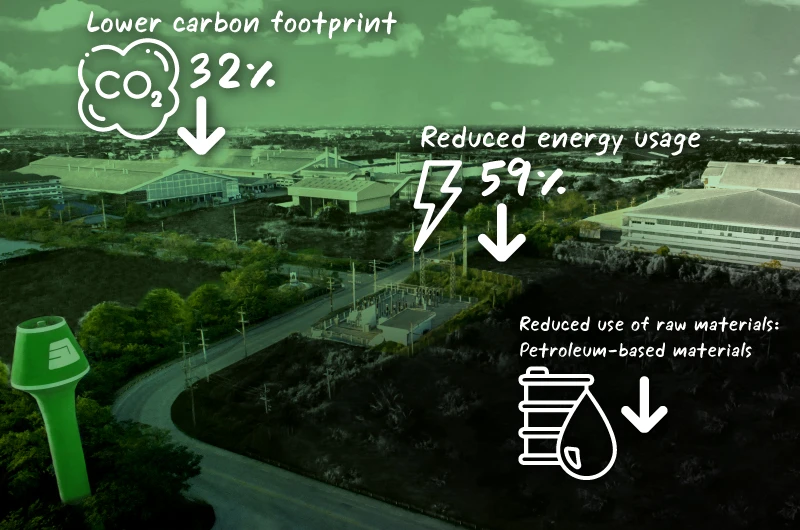
2.1 Reduced use of raw materials : Recycled polyester fabric is made from post-consumer waste, such as plastic bottles, rather than petroleum-based materials. This means that the production of recycled polyester fabric requires less extraction and processing of raw materials, which reduces overall resource consumption.
2.2 Reduced energy usage : Manufacturing recycled polyester fabric typically requires less energy than producing virgin polyester. Recycled polyester can save up to 59% of the energy needed to produce virgin polyester.
2.3 Lower carbon footprint : The production of recycled polyester fabric generates 32% fewer carbon emissions than virgin polyester.
3. Promotes circular economy
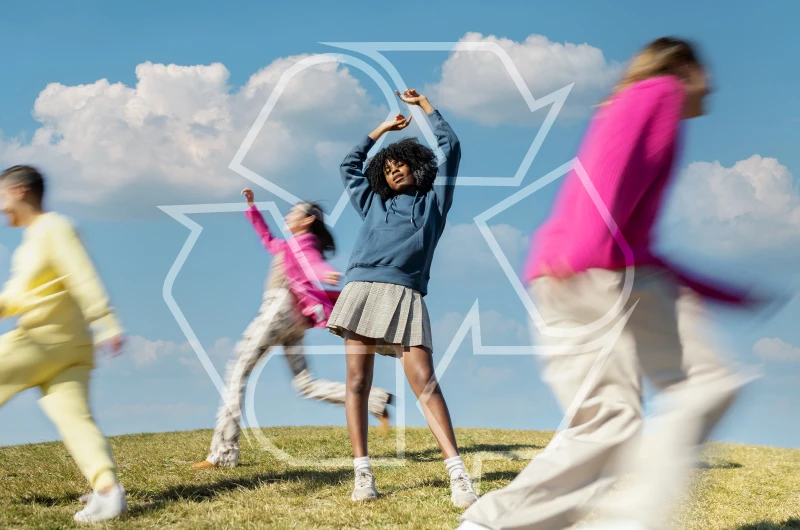
More consumers are looking for green products by using recycled polyester fabric, so businesses can show their dedication to sustainability and attract environmentally-conscious consumers. Brands can set themselves apart from competitors by promoting their use of recycled polyester fabric.
Furthermore, advertising recycled polyester fabric can help educate consumers about the circular economy and the importance of waste reduction and resource conservation. Highlighting the benefits of using recycled polyester fabric encourages consumers to be aware of their consumption patterns and the environmental impact of their choices.
Examples of brands using recycled polyester fabric
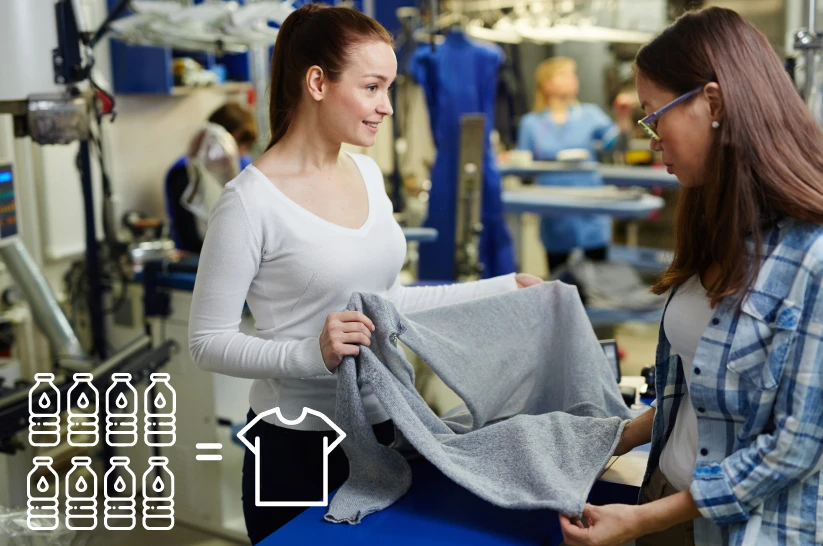
Recycled polyester is not a brand-new material. Many well-known brands, including Patagonia, Nike, Uniqlo, H&M, Adidas, and Levi's, are now using recycled polyester fabrics as a more sustainable alternative to traditional polyester. This has become a selling point for these brands, as environmentally-conscious consumers seek products with lower environmental impacts.
These brands recognize the benefits of using recycled polyester, including reducing the demand for virgin materials and decreasing plastic waste, and are incorporating it into their products as part of their sustainability efforts. In addition, the fact that these brands use recycled polyester fabric means it's a versatile and environmentally friendly option for many industries and can be used in various applications, such as clothing, outdoor gear, upholstery, and more.
Ref.
https://www.unep.org/news-and-stories/story/world-leaders-set-sights-plastic-pollution
https://blog.impactplastics.co/blog/sustainability-in-the-workplace-5-major-benefits-of-plastic-recycling
https://buffalojackson.com/blogs/insight/a-guide-to-recycled-clothing
https://fashionunited.uk/news/fashion/how-sustainable-is-recycled-polyester/2018111540000
